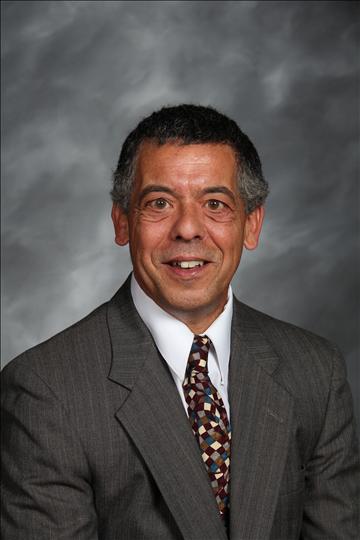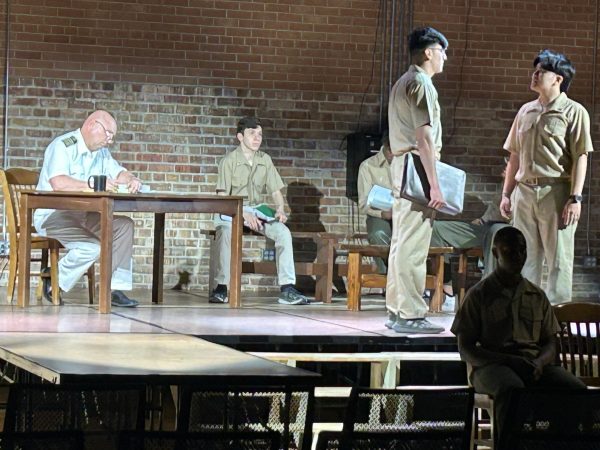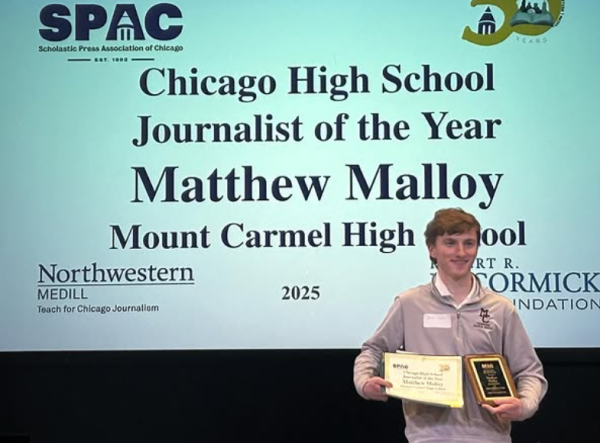STEM cohort prepares students for college and career

Science teacher Andrew Sobucki set the process in motion that led to establishing the new STEM cohort at Mount Carmel.
In this ever evolving world, the fields of science and math have emerged as frontrunners for undergraduates at college. STEM, which stands for Science Technology Engineering and Math, is being instituted in high schools all across the nation to provide students with a competitive advantage once they graduate. Courses related to these four subjects are currently in high demand, which is all the more reason to start learning these skills at an early age.
Mount Carmel is beginning its own STEM cohort, run by the Science and Technology Department Facilitator Mr. Andrew Sobucki and assisted by physics teacher Mr. Caribee Collier. Participation in the initial cohort program was open to anyone who was willing to take the time to fill out a short application by the deadline of December 11.
After the quota of students was met, certain requirements were established to maintain one’s membership in the cohort. Students will have to submit assignments outside of class (to be graded on a pass or fail basis), and maintain certain grades in all STEM classes. Along the way, students will be participating in Northwestern’s hydrogen fuel cell race team and collaborating with STEM field professionals, including doctors, engineers, and analysts.
Sobucki had the idea for this cohort almost two years ago and has been working out the details ever since. Colleges today have become very selective and competitive, making it a top priority to get any possible advantage. Sobucki would like to help students gain this edge, since “a high number of students need to be prepared” for the jobs currently in demand.
Working and learning together while doing complex projects is an important part of the process that is aimed at getting Mount Carmel boys to be the best they can be. Its main goal is for the members “to become self-sufficient” in the disciplines of the STEM fields.





